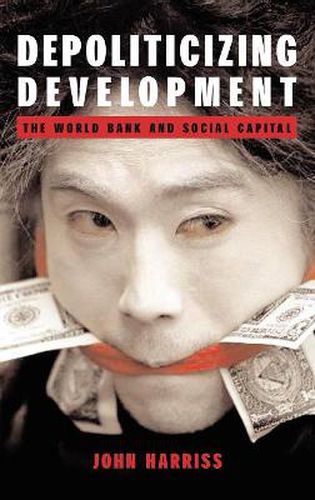Readings Newsletter
Become a Readings Member to make your shopping experience even easier.
Sign in or sign up for free!
You’re not far away from qualifying for FREE standard shipping within Australia
You’ve qualified for FREE standard shipping within Australia
The cart is loading…






This title is printed to order. This book may have been self-published. If so, we cannot guarantee the quality of the content. In the main most books will have gone through the editing process however some may not. We therefore suggest that you be aware of this before ordering this book. If in doubt check either the author or publisher’s details as we are unable to accept any returns unless they are faulty. Please contact us if you have any questions.
The idea of social capital - meaning, most simply put, ‘social connections’ - was unheard of outside a small circle of sociologists until very recently. Now, it is proclaimed by the World Bank to be the ‘missing link’ in international development and has become the subject of a flurry of books and research papers. Harriss asks why this notion should have taken off in the dramatic way that it has done and finds in its uses by the World Bank the attempt, systematically, to obscure class relations and power.
$9.00 standard shipping within Australia
FREE standard shipping within Australia for orders over $100.00
Express & International shipping calculated at checkout
This title is printed to order. This book may have been self-published. If so, we cannot guarantee the quality of the content. In the main most books will have gone through the editing process however some may not. We therefore suggest that you be aware of this before ordering this book. If in doubt check either the author or publisher’s details as we are unable to accept any returns unless they are faulty. Please contact us if you have any questions.
The idea of social capital - meaning, most simply put, ‘social connections’ - was unheard of outside a small circle of sociologists until very recently. Now, it is proclaimed by the World Bank to be the ‘missing link’ in international development and has become the subject of a flurry of books and research papers. Harriss asks why this notion should have taken off in the dramatic way that it has done and finds in its uses by the World Bank the attempt, systematically, to obscure class relations and power.